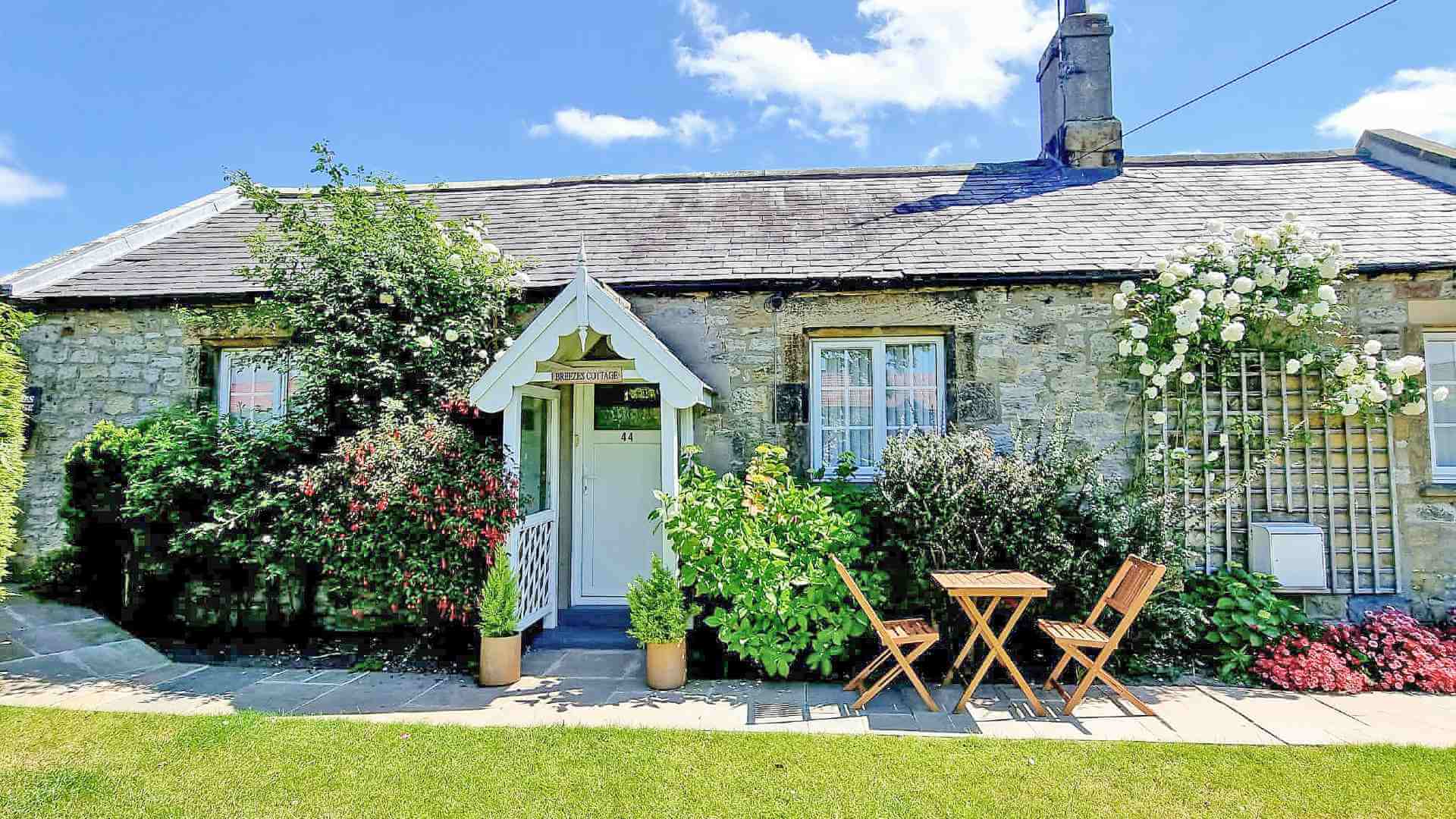Ever feel that pull away from the relentless rhythm of city life? That yearning for open spaces country homes, the scent of fresh air, and a sky full of stars unpolluted by urban glow? You’re not alone. For many, the idea of a country home represents more than just a change of address; it’s a shift in lifestyle, a conscious choice to embrace tranquility and a closer connection with nature. It’s about finding a sanctuary where the pace slows down and the soul can breathe a little easier.
Defining the Dream: What Exactly is a Country Home?
Now, when we talk about a country home, the image can vary wildly. For some, it might be a charming farmhouse nestled amidst rolling hills, complete with a wrap-around porch and the gentle lowing of cattle in the distance. For others, it could be a rustic cabin tucked away in the woods, offering complete seclusion and the sounds of rustling leaves and birdsong. Or perhaps it’s a more modern dwelling situated on acreage, boasting panoramic views and a sense of expansive privacy. The common thread, though, is a departure from dense urban environments, an embrace of more land, and a feeling of being connected to the natural landscape.
The Allure of Wide-Open Spaces: Room to Roam and Breathe
One of the most significant draws of a country home is undoubtedly the abundance of space. Unlike the often-compact living in cities, country properties typically offer larger lots, providing room for gardens, perhaps a small farm, or simply the freedom to wander and explore your own land. This space isn’t just about physical dimensions; it’s about the psychological benefits of having room to breathe, both literally and figuratively. It’s the chance to escape the feeling of being constantly surrounded and to enjoy a sense of privacy that’s often a luxury in urban settings.
Finding Your Own Pace: Embracing a Slower Rhythm of Life
Life in the country often moves at a different speed. The constant sirens, traffic noise, and hurried footsteps of the city are replaced by the sounds of nature – the chirping of crickets, the rustling of leaves, the gentle breeze. This slower pace can have a profound impact on well-being, reducing stress and allowing for more mindful living. There’s a different rhythm to the day, often dictated by the rising and setting of the sun rather than the demands of a packed schedule.
A Deeper Connection with Nature: The Beauty of Your Own Backyard
Living in the country offers unparalleled opportunities to connect with the natural world. Imagine waking up to the sound of birdsong, spending your afternoons gardening or hiking through nearby trails, and enjoying evenings under a sky filled with stars, far from the city lights. This daily immersion in nature can be incredibly restorative, fostering a sense of peace and well-being that’s often missing in urban environments. It’s about having your own slice of the natural world right outside your doorstep.
Building Community in a Different Way: The Fabric of Rural Life
While cities often boast diverse and bustling communities, rural communities often have a different kind of charm. There can be a stronger sense of neighborliness, where people know each other and are more likely to lend a hand. Local events, farmers’ markets, and community gatherings often form the heart of social life. While it might be a smaller circle, the connections can be deep and meaningful, offering a different kind of support system.
Considerations Before You Move: The Practical Side of Country Living
The idyllic image of country living comes with its own set of practical considerations. Access to amenities like grocery stores, healthcare, and schools might be more limited than in urban areas. Commuting to work, if necessary, can involve longer distances. Internet connectivity and other infrastructure might not be as readily available or as high-speed. It’s crucial to weigh these practicalities against the desire for a rural lifestyle and to ensure that the location you choose meets your essential needs.
Finding Your Perfect Escape: Exploring the Variety of Country Homes
The market for country homes is as diverse as the landscapes they inhabit. You’ll find everything from historic farmhouses with character and charm to modern, energy-efficient homes designed to blend seamlessly with their natural surroundings. There are cozy cabins perfect for weekend getaways and sprawling estates offering ample space for families and hobbies. Exploring the different styles and types of country homes available will help you find a property that truly resonates with your vision of rural living.
Investing in a Different Kind of Future: The Enduring Value of Land
Beyond the lifestyle benefits, owning a country homes can also be a sound long-term investment. Land, especially in desirable rural areas, often holds its value and can appreciate over time. It’s a tangible asset that


